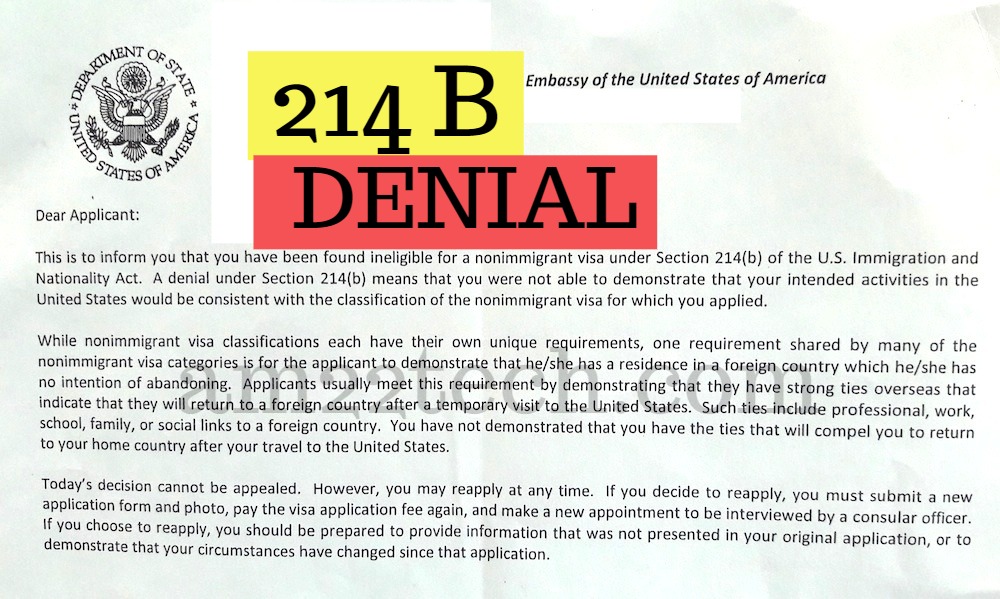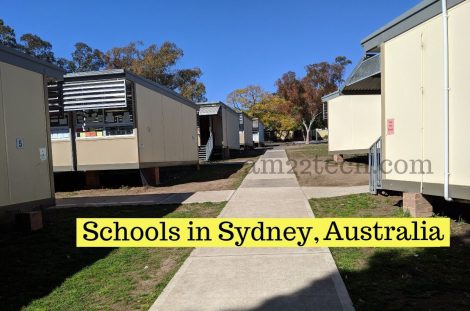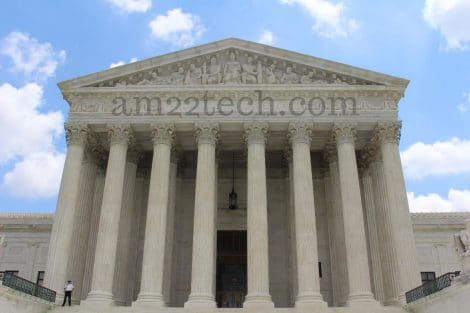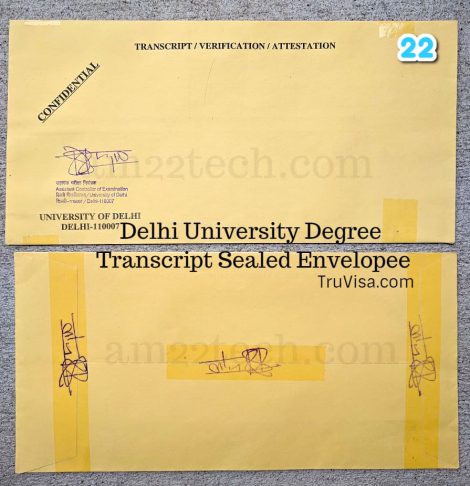|
Listen to this article
|
This article will discuss:
What is 214b Visa Rejection?
214B visa refusal is given to people who are not able to convince the US visa officer that they will return to their home country after visiting the USA.
Example:
You are living in the USA on an H4 visa. You sponsor your parent and sister (21 years) to apply for a B1 visitor visa to visit you in the USA.
Your parent’s B1 visa is approved but a 214b blue slip is issued at the US embassy in Delhi, to refuse your 21-year-old sister’s B1 visa application.
Here is an official tweet from the US embassy in Chennai, India clearing the doubt that 214B refusal is not permanent:
214B visa denial is NOT permanent. You can apply for a visa again if you think you have new evidence that can prove that you will return from the USA.
You cannot appeal the refusal but can apply for a fresh visa application and pay visa fees again.
You can re-apply for a US visa even after getting a 214B if you think your circumstances have changed and now you have some added proof that you will return from the USA.
There is no time limit of 6 months to re-apply for a visa again.
If you re-apply using the exact same information as you did in a previous visa interview, your chances of visa denial are very high.
Overcome 214b Visa Rejection
B1 Visa Denial
If your B1 visitor application has been issued “214(b) refusal ineligible for b1 visa” form, then you can re-apply using these documents:
#1 Your job in your home country
You can show that you have a permanent well paying job in your home country. You should submit your payslips and employment letter as proof of the continuity of the job.
You have good chances if you have been working for the same company for more than 2 years at a stretch. Changing jobs frequently is not considered a good sign and brings doubt to the visa officer’s mind.
I recommend sharing the last 3-year income tax return copy too.
Submit the leave approval application on the official company letterhead for your travel period.
#2 Your home Ownership papers
If you own real estate in your home country, then show your property ownership papers. Ownership of immovable property is considered a strong tie and gives the signal that you will return.
Owning more than one property is strong evidence of home ties.
#3 Your relationship with family & friends
If you are married and are traveling alone, you can show your marriage ties to show that you will indeed return after your US trip.
If you have kids and they are not traveling, you can show them their birth certificates and school admission slips.
#4 Earlier B1/B2 Visit Duration to the US
If you have visited the USA earlier and overstayed your approved i94 term, your B1/B2 visa renewal may be denied.
This is pretty common in cases where parents travel to the US and then apply for a B2 visa extension after 6 months of stay. You should avoid filing a B2 visitor visa extension using form i539 while you are in the US.
The important point to understand is that US visa officers may consider your stay in the US to help your son or daughter’s pregnancy help as a violation of your B2 visa terms.
You are only allowed to visit the US for tourism and not support your kids as a nanny for an extended period of time.
Need Help File Application?
Support
Use hassle-free visa extension and EAD filing service to file your application with USCIS
Visa status issues consultation includedQuick Service
Filed within 1-2 days if you have all the documents ready and uploaded
Emergency service availablePhoto
You click, we edit photos as per US visa requirements to remove background, align face and shoulders
Photo printing included#5 Pregnancy Travel to the US
Legally, you are allowed to travel to the US while pregnant, give birth, and get birth US citizenship but it is a red flag for your B1/B2 visa renewal.
You would need a letter from the doctor to support your safe travel and a strong reason to visit the US with your current medical condition.
A strong reason could be attending a relative funeral or a wedding of a close family member in the US among others.
#6 Close Relative Entered on B1/B2 & Married US citizen
If any of your close relatives used a B1/B2 visa to enter the USA and then never returned as they married a US citizen, your B1/B2 visa can be denied as a visa officer may have strong doubts about your intention too.
You can explain why your relative married while on a visit to the US for a legitimate reason.
F1 Visa Rejection?
F1 visa rejection is a bit tricky to overcome and convince the visa officer if you are denied even after getting a valid I-120 from your US school or college.
The most common cause of F1 denial for H4 dependent is the primary spouse is on H1B and his i140 has been approved.
You can file a work visa H1B after your study completion in the US but at the time of your visa interview in the US embassy, you should be able to convince the officer that your ‘intent’ is only to study and return to the home country.
#1 Home Ownership in Home Country
If you own real estate, then show your property ownership papers to show that you will return after studying in the USA.
#2 Day 1 CPT university
If you have enrolled in a college which offers a day 1 CPT option, it can be a big red flag on your intentions to study in the USA.
You should stay away from Day 1 work permits even though it is legally allowed by US laws. Staring work from the first day of your study goes against your intent to study in the US.
#3 Your Financial Status
You should show a sufficient bank balance in your home country to support your studies and stay in the US.
The visa officer can be convinced by showing your parent’s bank account statement, your parent’s job continuity, and your current education mark sheets and degrees.
The ‘intent’ of going to the US should be to self-support to study by either using a bank loan from a home country like India or a loan from a US-based bank.
Basically, you should be able to prove that you have no intention of working while studying apart from the allowed 20 hours of study within the campus.
Many students work at grocery stores outside the university campus and accept cash payments. Note that this is against the law and your visa can be revoked if you are caught.
Note that you cannot drive Uber or Lyft on an F1 visa in the USA.
#4 No Financial Support For Family at Home
Your family in the home country (or abroad with you) should have some kind of financial support structure so that they are not dependent on you while you are studying in the US.
You should not show an intention to work to make money to support yourself and your family.
#5 Studying a Course that has no Career option in Home Country
If you have enrolled in a course in the USA which does not really have any scope of job in your home country, your intention is pretty much clear that you do not want to return.
H1B Visa Rejection
214B visa rejection is not usually given for H1B or L visa as it allows an immigrant intent meaning that you are allowed to have any intention of staying in the US and file your Green card. H1B and L dependents like H4 and L2 are also not issued 214b denials.
H1B visa denials are issued Form 221(g) Admin processing instead.
This same intention of staying back in the US permanently is not allowed for a temporary visa like B1/B2 – visitor/Business and F1 study visa.




